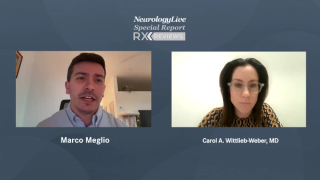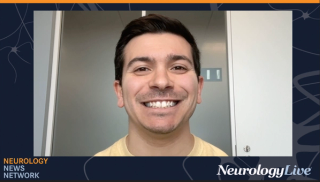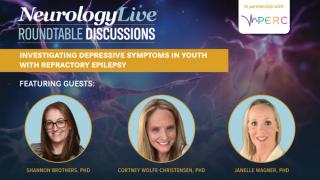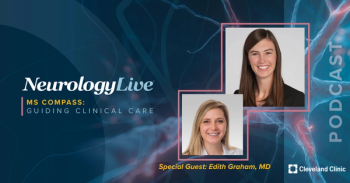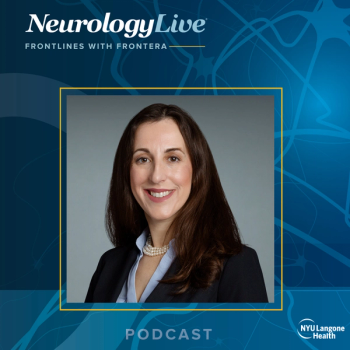
Conference Coverage
Latest News

Ultragenyx Puts BLA for MPS IIIA Gene Therapy UX111 in Front of FDA Again

Innovative Trial Employs Novel PET Imaging to Track Cladribine’s Effect on Microglial Activation

Cladribine Tablets Reduce Treatment Switches, Outpatient Visits, and Health Care Costs in Multiple Sclerosis

Comparative Study Reveals Psychiatric Comorbidities Common in MOGAD, MS, and NMOSD, With Distinct Timing Patterns

NeurologyLive® Friday 5 — February 6, 2026

Shorts


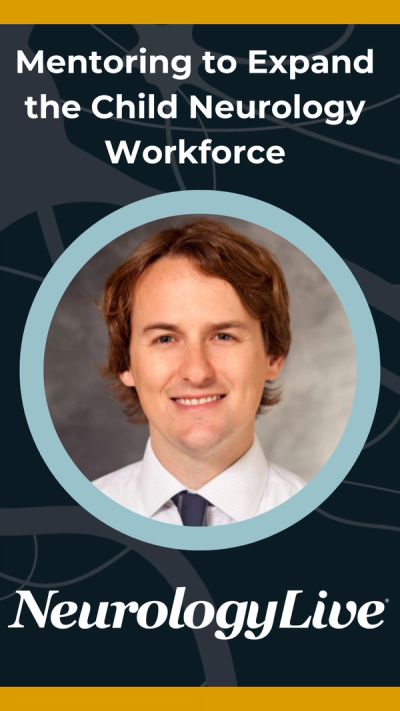
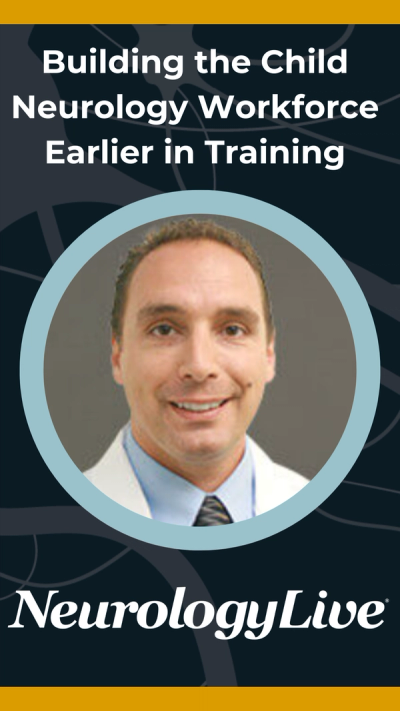






Videos
Podcasts
Continuing Medical Education
All News

A phase 3b study presented at ACTRIMS 2026 is evaluating whether switching to remibrutinib offers efficacy and safety comparable to continued ocrelizumab treatment in relapsing multiple sclerosis.

Findings from a phase 1 study indicated that Lucid-21-302 was generally well tolerated and exhibited dose-proportional exposure, warranting additional study in a phase 2 trial for multiple sclerosis.

New phase 3 FREXCITE trial tests frexalimab CD40L inhibitor in nrSPMS, comparing on-body subcutaneous vs IV dosing

The analysis included 280 patients from CLARIFY-MS extension and 219 patients from MAGNIFY-MS extension, a total of 499 patients with at least 4 years of follow-up.

A cohort analysis, presented at ACTRIMS 2026, provided insight into the clinical characteristics, disease burden, and treatment sequencing of patients with neuromyelitis optica spectrum disorder treated with inebilizumab.

Real-world phase 4 data show cladribine keeps relapse rates low and safety steady in relapsing MS patients, including those 65+.

FASTEST finds rFVIIa curbs ICH bleeding fast but adds clot risk; ultra-early and spot-sign patients show promise as Part 2 continues.

Adding intra-arterial alteplase after successful endovascular thrombectomy significantly improved 90-day functional outcomes in patients with large-vessel acute ischemic stroke, according to late-breaking data from the phase 3 CHOICE2 trial.

Late-breaking data from a substudy of the CREST-2 trial revealed that carotid revascularization did not show greater improvements in cognitive function compared with intensive medical management.

Newly reported data showed that oral valiltramiprosate lowers p-tau217 and links to cognitive and brain-volume benefits in early Alzheimer disease.

The director of the Center for Clinical Ethics at Yale New Haven Health discussed the rationale behind the newly published AAN guidelines on functional seizures, outlining diagnostic priorities, evidence-based treatment recommendations, and key gaps.

In honor of National Women Physician’s Day, the NeurologyLive® team highlighted recent studies on women transforming neurologic care and advancing women’s health.

Aleksandra Pikula, MD, DipABPN, DipABLM, FELMO, director of the JS Sonshine Center, shares her personal view on National Women Physician’s and why it’s important for clinicians and patients in the field.

ALS expert Merit Cudkowicz, MD, MSc, provided thoughts for National Women Physicians Day, reflecting on resilience in ALS research, the power of mentorship, and how leadership and advocacy can shape a meaningful career in neurology.

As part of National Women Physicians Day, a group of women clinicians discussed various topics in the care for women with movement disorders.












